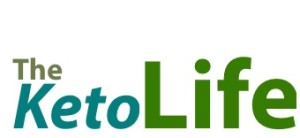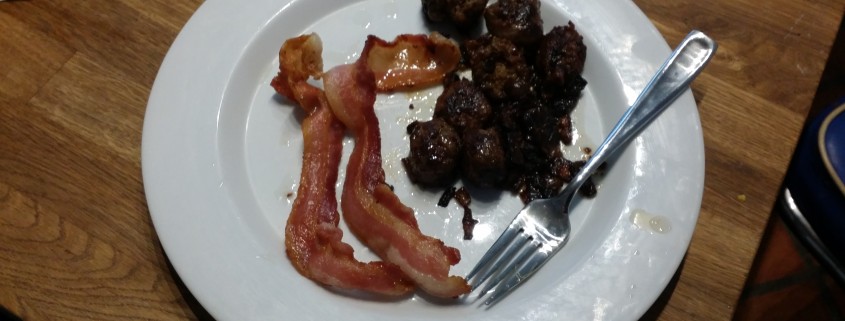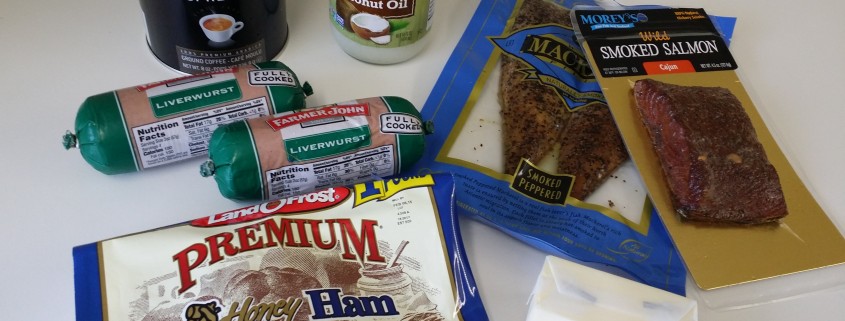Check out this article in the New York Times, upending one of the biggest dietary ideas of our time: that you need to limit salt to treat your high blood pressure. Turns out, not so much.
Ironically, you actually treat high blood pressure by reducing sugars, and grains. Oops.
By NICHOLAS BAKALAR JANUARY 26, 2015 5:45 AM
A new study suggests that dietary salt may have little or no effect on the risk for heart disease in older adults.
The study, in JAMA Internal Medicine, included 2,642 people, average age 74. Half the participants were women, 62 percent were white and 38 percent were African-American. All were free of heart disease at the start of the study, and researchers followed them for 10 years. They used dietary questionnaires to estimate sodium intake.
The researchers adjusted for sex, race, body mass index and more than two dozen other health and behavioral characteristics. Over a range of sodium intake from less than 1,500 milligrams a day to more than 2,300 (about a teaspoon), there was no significant difference in risk for cardiovascular disease, heart failure or death.
The lead author, Dr. Andreas P. Kalogeropoulos, an assistant professor of medicine at Emory University, acknowledged that estimates of salt intake were based on self-reports, which are not always reliable.
Current guidelines call for sodium intake of less than 1,500 milligrams a day for people older than 51. Dr. Kalogeropoulos said he saw no reason to raise the number.
“We need more prospective evidence in a clinical trial before moving in that direction for older adults,” he said. “By no means are our findings a license to consume more salt.”


